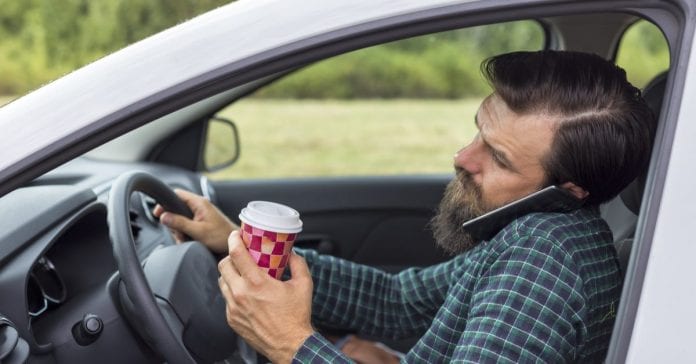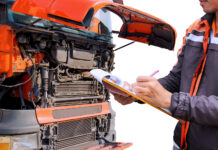No matter how safely you drive or how many advanced safety features your vehicle features, driving is dangerous. There are more than 35,000 motor vehicle deaths each year, and even more injuries as a result of less severe crashes.
While some accidents are truly unpreventable—a byproduct of bad timing and unusual environmental circumstances—the majority of collisions are easy to avoid. You can avoid these accidents much more effectively if you’re familiar with the most common causes.
The Most Common Crashes of Car Accidents
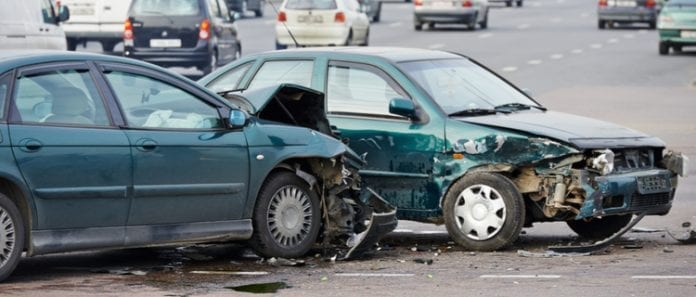
According to Marks and Harrison, some of the most common causes of car accidents include:
- Impaired driving. Impaired driving is still one of the leading causes of car accidents, despite universal recognition of its dangers. Impairment can occur as a result of alcohol intoxication or the ingestion of other drugs. In any case, you’ll suffer from a slower reaction time, impaired judgment, and a variety of other mental and physical effects that make you a worse driver. To make matters worse, one of the effects of alcohol ingestion–impaired judgment–often makes people prone to underestimating their own level of intoxication. In other words, they don’t know how drunk they are, and end up driving when they shouldn’t.
- Distracted driving. Almost as bad as impaired driving is distracted driving. In the modern era, distracted driving is more rampant due to the temptation of using mobile devices when driving. However, distraction can take many other forms; for example, it’s possible to take your eyes off the road due to a billboard or because you’re dealing with arguing children in the backseat. Even a small distraction can remove your focus from the road, resulting in a collision.
- Tired driving. People often underestimate the effects of driving while fatigued. If you’re tired, your perceptions will be duller, your reactions will be slower, and you’ll make worse decisions—not unlike the effects of alcohol intoxication. Even worse, if you’re exceptionally fatigued, there’s a chance you could fall asleep at the wheel, rendering you completely incapable of operating the vehicle. If you’re tired, take a nap before driving.
- Speeding. Speeding has three major effects; first, it gives you less time to react to changes in your surroundings. Second, it makes it harder to control your vehicle. Third, if there is a crash, higher speeds will result in more damage. Speed limits exist for a reason, but many people still deliberately ignore them. Speeding is also a complicating factor in many crashes; if you’re already tired, or intoxicated, speeding can greatly increase your chances of getting into a wreck.
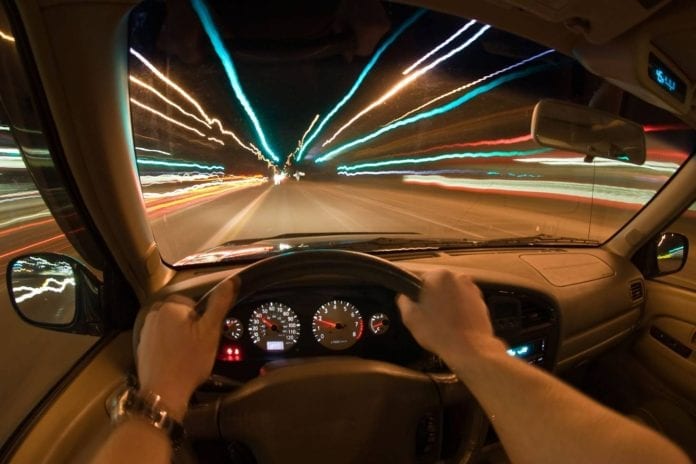
- Following too closely. If you follow too closely, you’ll have less time to react to sudden changes in the other driver’s actions or in the environment. All it takes is one major incident to result in a wreck. The standard recommendation is to leave one full car length between you and the vehicle in front of you for every 10 mph of speed that you’re traveling; at 60 miles per hour, that’s 6 car lengths, which is a recommendation most drivers don’t follow.
- Refusing to yield. Certain areas require one driver to yield to others, giving them the right of way. If you fail to yield and another driver crosses paths with you, it results in an accident. Sometimes, the yield is overtly indicated by a sign or posted requirement. Other times, it’s an implied result of positioning. Either way, refusing to yield when you’re supposed to yield can be deadly.
- Failure to obey traffic signals. In some cases, accidents result because one or more drivers failed to obey a traffic signal. If you drive through a red light or ignore a “one-way” sign, it’s going to result in a collision. Drivers may intentionally ignore or disregard these posted signs, but it’s more often a product of missing or not noticing these signs due to distraction.
- Unsafe lane changes. Changing lanes requires a driver to check their mirrors and blind spots, activate a turn signal, and change quickly and deliberately. If you don’t check your surroundings, if you change too quickly or too slowly, or if you fail to control the vehicle, it can result in a collision. Oftentimes, drivers assume their surroundings haven’t changed since the last time they checked the environment, getting a false sense of confidence and security that compromises their safety.
- Inclement weather. Many types of bad weather can influence the likelihood of an accident. Fog can make it difficult to see. Ice can make it difficult to control the vehicle or come to a stop. Rain can limit visibility and make it harder to retain control of a vehicle. If you aren’t prepared for these circumstances, it can make an accident much more likely—though usually, weather conditions only result in an accident if combined with other errors, such as speeding or following too closely.
- Vehicle defects. Accidents also occur due to manufacturing defects or flaws in vehicles. If your brake pads are worn, or if your transmission isn’t functioning properly, it can prevent you from driving safely or consistently. Not all manufacturing defects or functional problems are preventable, but getting your car maintained regularly can prevent the majority of them.
Preventability in Motor Vehicle Accidents
As you can see by this list, the majority of common causes of car accidents are entirely preventable. You may not be able to prevent bad weather, but you can drive more cautiously when it occurs. You can’t know every possible defect in your car, but you can get it regularly maintained. And most of the other factors—like speeding and driving while intoxicated—are simple to prevent.
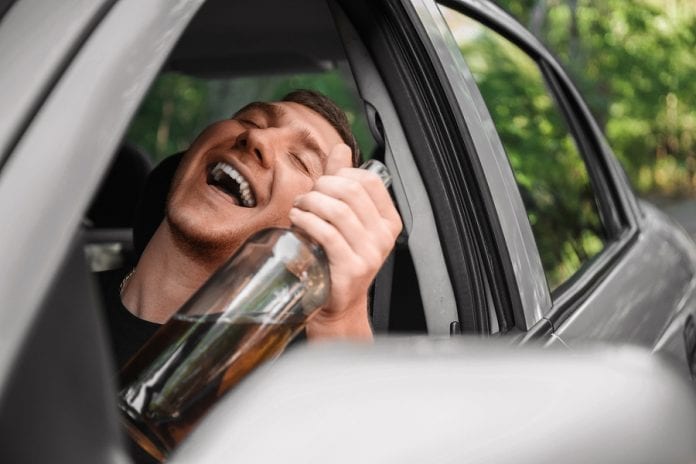
Do your part to keep the roads safer by acknowledging and proactively responding to these threats. You can also protect yourself (and others in your vehicle) by wearing a seatbelt at all times, in anticipation of other dangerous drivers and rare situations where unpreventable accidents unfold.
